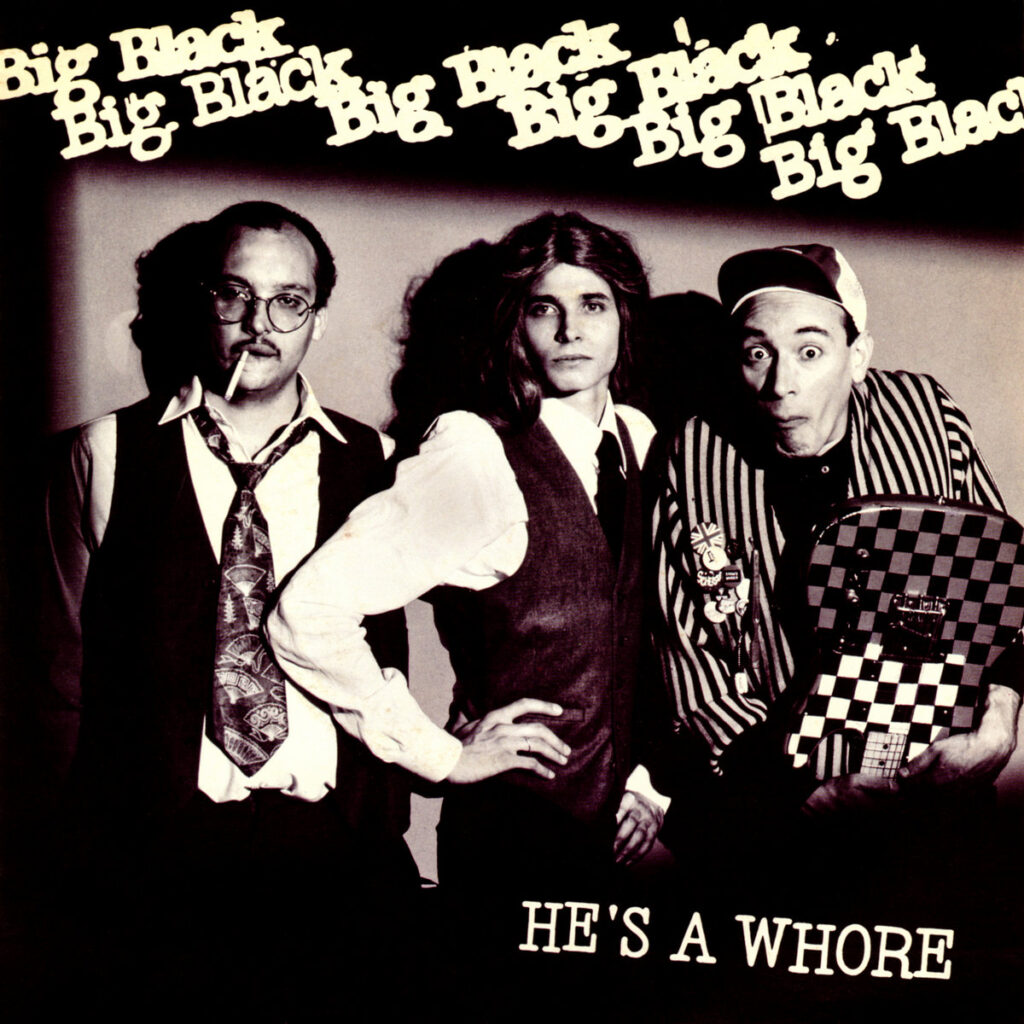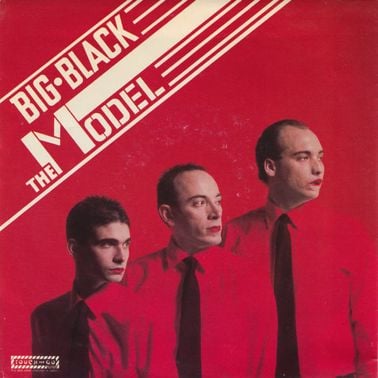
COURCE: Block Club Chicago By Gwen Ihnat
Chicago and the music industry have been left reeling from the death of legendary local rock legend Steve Albini, who died Tuesday night at 61.
The owner of Electrical Audio studio, 2621 W. Belmont Ave., was famous as the recording engineer — the term he preferred over “producer” — of iconic records by bands like Nirvana, Pixies, Silkworm, The Wedding Present, The Jesus Lizard and P.J. Harvey. By Albini’s own estimate, he worked on thousands of records, from the biggest names in rock to bands just starting out.
Albini also started his own influential bands, like Big Black and Shellac. Onstage, he favored a waist harness for his enthusiastic guitar-playing over a shoulder strap.
Brian Fox, a recording engineer at Electrical Audio, said organizers are still figuring out the details of a public memorial for Albini and will share details on social media.
Memories of Albini and accolades for his long, influential career started pouring in as soon as his death was announced, coming on social media and elsewhere.
“Steve Albini was a singular force in underground music whose influence reached far beyond that for the last five decades,” Jim DeRogatis, music critic and co-host of rock radio talk show Sound Opinions, said in an email. “As a recording engineer, the term he preferred to producer, his you-are-in-the-room approach to recording bands had a powerful immediacy unlike any other, though he often said it was inspired by the way one would record, say, the Chicago Symphony Orchestra: Set up the mics and capture the musicians as they sound when you’re sitting five feet in front of them.

“As a musician, with Big Black and the groups that followed, he defined a sound that influenced countless other groups, some of which he’d be quick to disavow (as in much of the industrial noise genre). But most of all, as someone who thought deeply and cared passionately about independent music, he voiced an ethic that many tried — and sometimes failed — to live up to, but which was valid nonetheless. He could come across as irascible and rigidly judgemental when doing that, but his thinking was always evolving, and often inspiring. Entire books can and will be written about that.”
Albini lived in Ravenswood Gardens with his wife, filmmaker Heather Whinna. Neighbors described him as an excellent neighbor with a low-key demeanor that belied his status as a rock music icon.
“He was legendary for music, but you should also know that in our neighborhood the kids knew his house as the best house for candy on Halloween,” said Albini’s neighbor, novelist James Kennedy.
Neighbor Martin Perdoux remembered, “I’d always run into Steve in my alley. He was always so generous, giving us tomatoes and cucumbers from his vegetable garden. So one day I asked him if he had any advice for my French cousin’s son — a young sound engineering student at a small French university who was looking for an internship. And Steve generously said, ‘Just tell him to send me his résumé and his contact info.’ Steve ended up offering him an internship at Electrical Audio. He couldn’t believe his luck.”
Albini was as generous with more inexperienced bands as he was with household names.
Musician Jason Narducy, writing on Facebook, described witnessing this exchange recently at Electrical Audio: “Steve was at his desk and the office door was open. The phone rang and he answered. ‘Tomorrow? Neither studio is available then, but we have dates open in a couple months.’ Long pause. ‘How many songs are you hoping to record and what is the instrumentation?’ The caller did not know who Steve was and did not have much knowledge about recording. He gave this person a detailed description of the process and what the studio could provide. It was a 20-minute phone call. They didn’t book any studio time. I witnessed this level of patience in Steve many times.”
Musician David Singer, of David Singer & The Sweet Science, was in a band called Fix Your Wagon in the ’90s.
“In 1993 I looked up Steve in the phone book and he answered on the second ring,” he said. “For an insanely low price, he let our band come to his house and record. We set up in his basement that still very much looked like a bungalow basement, and he very carefully chose mics and placement and let us pull stories out of him for hours.
“He even showed me his copy of Billy Joel’s metal band LP, ‘Attila.’ He steadfastly declined to offer creative input, but he kind of made fun of me for not wanting to do the vocals live. He was very nice about it.”
Albini’s influence also made an impact as a musician in bands like Shellac, which was just about to release its first album in a decade, with plans to tour this summer. “To All Trains” is sold out online on Touch and Go Records, but the label website states it will be in stores May 17.
Local musician Mike Armstrong has a specific remembrance of early performances of Shellac.
“I worked at a bar on Damen, just south of Irving, called Augenblick in the early ’90s. At one point, Steve Albini would come in and hang out, but never drank,” Armstrong said. “I remember him as being super friendly and approachable. He asked my friend John, the bar owner, if his new band called Shellac could play in the bar and see how word of mouth spread to build a fanbase. This was before the internet and was a great idea.
“The first show they played was at 4 on a Friday afternoon. In attendance were the bartender, Patrick from Carrot Top records, Kevin the bartender from Lounge Ax and me. They were LOUD, but great. I regret not bringing a camera, but things like this were not that unusual back then, so I didn’t make a big deal out of it. The deal he made with John was to play two shows a day Friday-Sunday for two or three weeks, or something like that. After four or five shows, the neighbors had complained about the noise so much that John was forced to ask them to stop.”
Jill Hopkins, new media and civic events producer for Metro and a frequent Moth host, said her first date with her husband was at a Shellac show.
“When my husband and I went out for the first time, it was to the Congress Theatre in 2007. Shellac was opening for Iggy Pop and The Stooges,” she said in an email. “It doesn’t sound romantic on paper to most people, probably. But, we’ve been to hundreds of shows since, and we’ve been chasing the energy of those first Shellac chords for 17 years now. … He made us feel sounds like no one else has.”
Electrical Audio also hosts a message board called the Electrical Audio Forum, of which Albini was a moderator, known as “FM Steve” for Forum Member Steve. Stunned responses have flooded the site this week.
“A major loss, but FM Steve has left behind such a formidable, variegated body of work, and a lot of allies and admirers, so above all we know his was a life well lived and should be lauded as such,” a longtime participant of the forum wrote. “Lots of recordings and memories to revisit, including things that took place on this forum (ultimately-fun arguments and head-butting, counter-trolling, witty jokes and banter). Damn.
“My heart goes out to each and every one of you grieving now … fans and loved ones, those who knew him well, and worked with him over the years. There’ll never be another.”
Subscribe to Block Club Chicago, an independent, 501(c)(3), journalist-run newsroom. Every dime we make funds reporting from Chicago’s neighborhoods. Already subscribe? Click here to gift a subscription, or you can support Block Club with a tax-deductible donation.